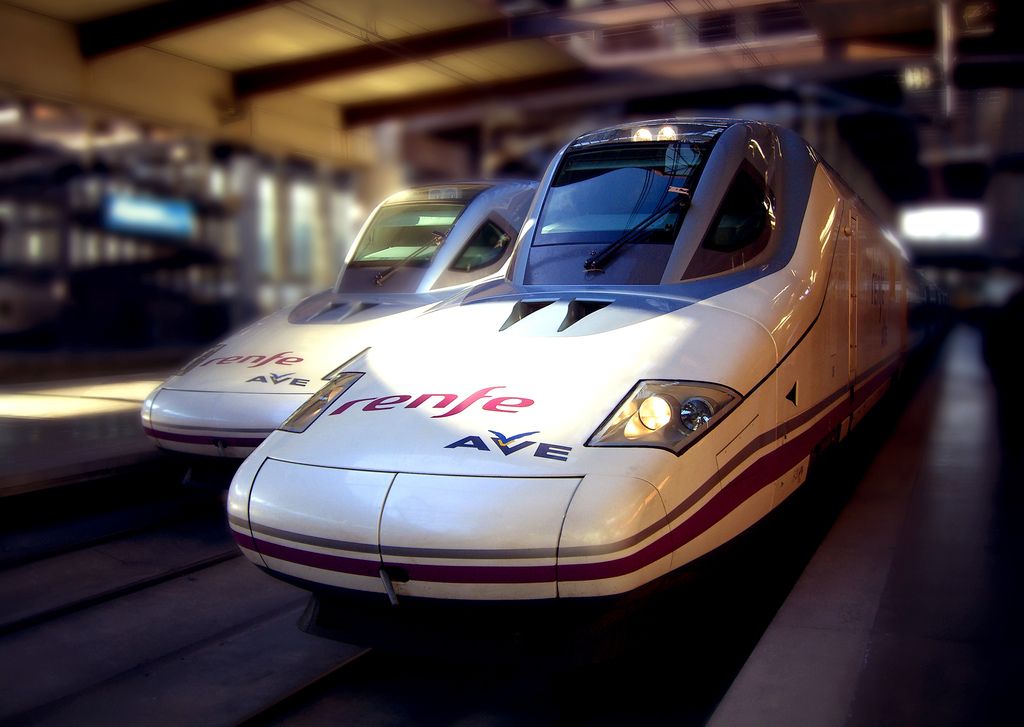- Home
- About us
- Research
- News
- Impact
- Training
- Partners
- Our Legacy
- Contact Us
FUTURNET is a consortium of leading universities, commercial companies, research organisations and professional institutions. The pro ject is led by the University of Birmingham.
ject is led by the University of Birmingham.
This image by Mikelo and has been used under creative commons licence http://creativecommons.org/licenses/by-sa/3.0/
The overall aim of FUTURENET is to answer the questions: what will be the nature of the UK transport system in 2050, both in terms of its physical characteristics and its usage, and what will be the shape of the transport network in 2050 that will be most resilient to climate change? This will be achieved through a series of targeted objectives, including;
The work will impact on the decision making of government (local and national), transport planners, transport managers and professional engineers. It will provide them with knowledge, methods and tools which will improve their decision making with regards to anticipated changes in climate, technology, social behaviour and economies. The benefit will be an improved quality of life and higher levels of wealth for the citizens of the United Kingdom relative to that which would otherwise be the case if the transport network evolved without the FUTURENET project outcomes.
Horizon is responsible for producing the transport demand scenarios for 2050. These will be produced via a review of existing literature, a series of workshops with experts in relevant fields, and the travel behaviour studies being carried out by the FUTURENET team at Loughborough University. We are taking an overtly multi-disciplinary approach, to try and capture some of the complexity that will determine how we use transport in forty years time. We are considering such elements as population demographics, GDP, energy, technology, political constraints like emissions targets, social organisation and more besides. These scenarios will inform the shape of the transport network that other elements of the FUTURENET project will be modelling in detail.